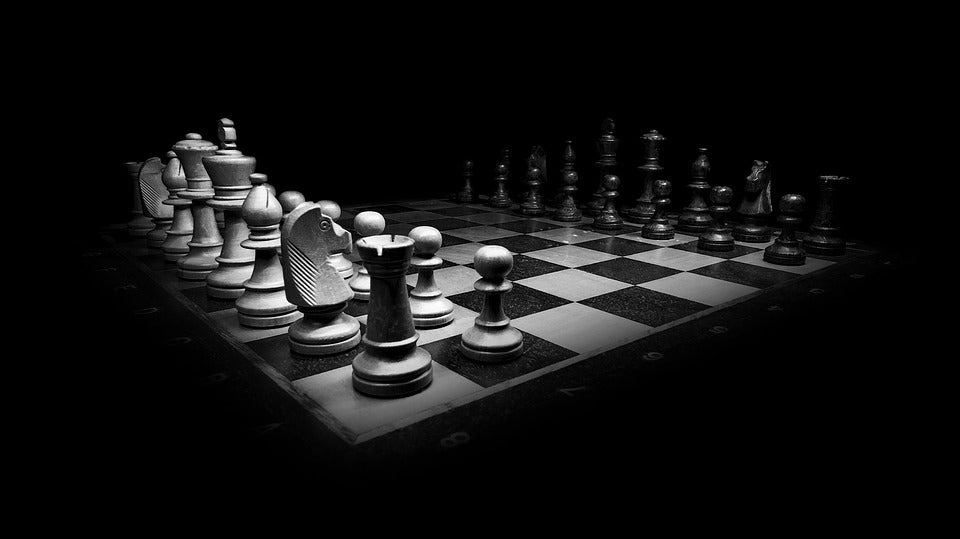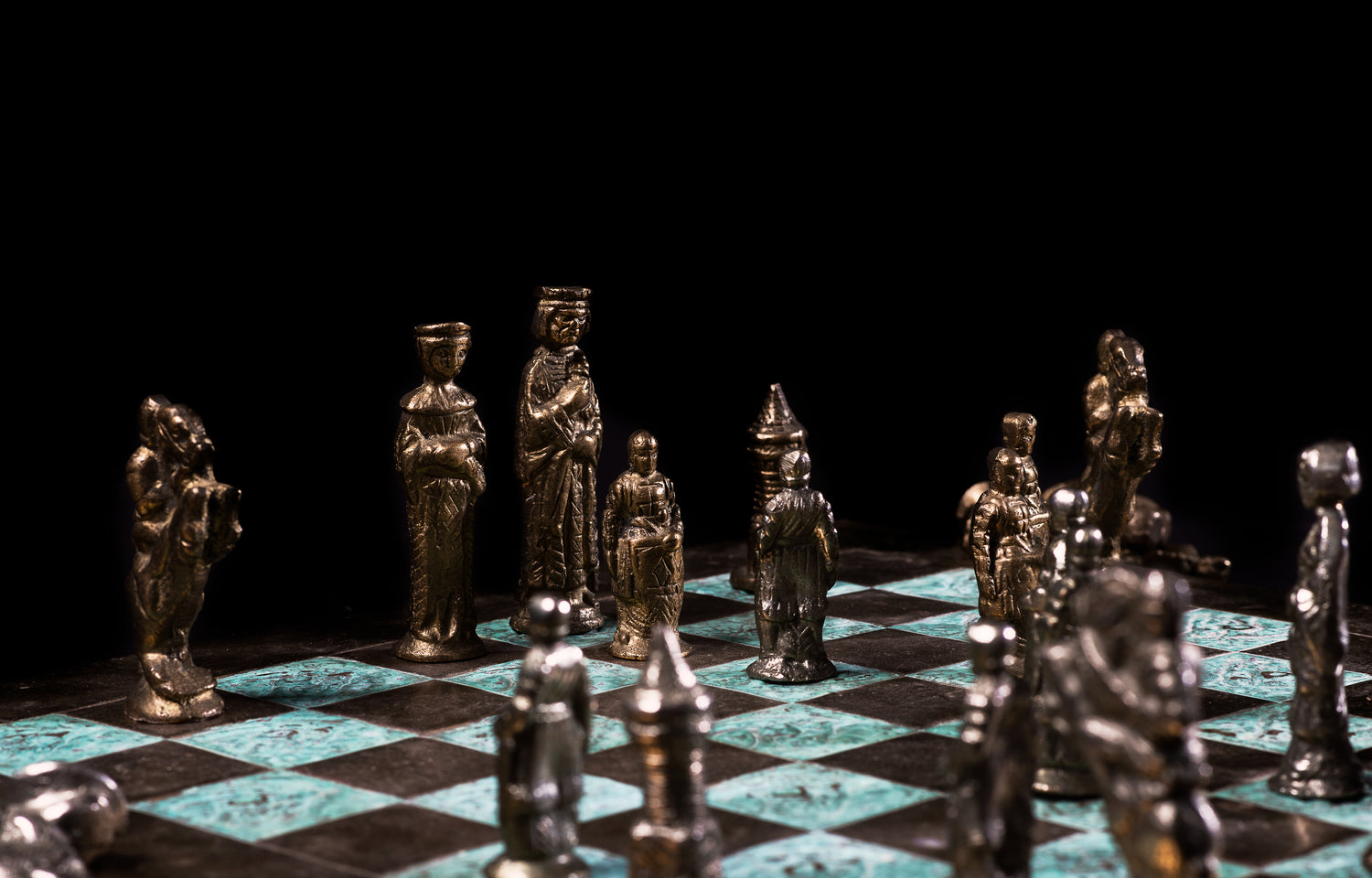Everyone knows that chess is a game that is played with almost solely the mind. Besides the physical necessity to move the piece in order to make your move—and not even that is technically necessary, as there have been and continue to be physically disabled chess players throughout the game's history—the rest of the game entirely plays out between the head of two players as they jockey for a better position on the board.
Just from this alone, it is obvious something like chess is intensely stimulating and uses the brain in a way that many activities do not.
It can be an intense game to play. What this can lead to, however, is an even greater stimulation of the brain, and there are benefits from that. Learning benefits, educational benefits. For example, in some studies, it is found that the ability to problem-solve goes up by a very decent margin—to almost 20% for some kids, which is astounding when you think about it.
Because of the sheer amount of moves in chess, openings, strategies, defenses, gambles, gambits and more, chess players also have to be creative. No one move or strategy will work forever and being able to adapt on the fly and adjust yourself is important, even if you understand a lot of moves and what their intentions are. 5334 Problems, Combinations and Games by László Polgár.
This creativity, as well as things like critical thinking, can come out of a player in chess, but once honed or turned toward something else, it can also be used for other things. Problem-solving and critical thinking can be applied to many academic practices, mathematics just one of them.
Creativity, on the other hand, is useful in music, and while a player of chess may use that creativity on the board to win, they also may exercise it in other areas of their life, such as in music class when they are younger in elementary school—or, when they get older, maybe they may pick up an instrument of their own out of sheer curiosity or desire. It may even have effects into other creative pursuits such as painting.
Anything that stimulates a child's brain to think is good for them (Kids wooden memory match stick chess game), but something that is not only a great game historically but has other benefits is definitely a wise choice for any adult to encourage their child to continue to play. It isn't going to make your child a genius overnight, but perhaps having them play chess may lead to some benefits, or failing that, there is always the social aspect of the game that can help towards a child's development.
Of course, they don't apply just to children either, which fits chess—as a game anyone can play.


